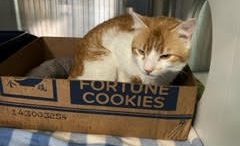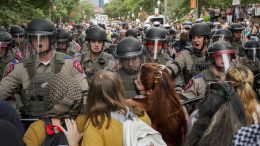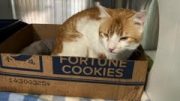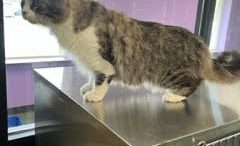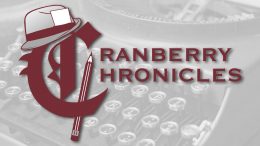By JUDITH O. ETZEL
Contributing writer
The version of a new property maintenance code for Cranberry Township is vastly different than a measure that had been in place.
Reduced from 21 pages to five, the new code dramatically reduces the scope of what property conditions should be, how compliance and enforcement are handled, what constitutes an unsafe structure and more.
There are new exceptions listed for farming and timbering operations that had fallen under the general requirements in earlier versions of the code.
Cranberry Property Maintenance
In addition to a host of definitions, ranging from what constitutes an “abandoned car” to how an enforcement order can proceed, here are the key points in the five-page measure:
– Abandoned or junked motor vehicle. Any vehicle that is not operable or does not have a current state sticker, license plate or registration sticker.
– Garbage. Waste resulting from the handling, preparation, cooking or consumption of food, and waste from the handling, storage or sale of produce. It cannot be placed anywhere except in a fully enclosed building or in a tightly covered and animal-resistant container.
The exceptions are mulch or compost pile, provided they are maintained for gardening purposes and don’t disturb or annoy persons within 25 feet of the pile.
– Junk material. Defined as unused/unusable or abandoned machinery, equipment, appliance, mobile home, scrap metal, glass, industrial waste and materials.
– Motor vehicle. Any device used for transporting people/property that would require a license to be operated on a public street. The list includes cars, trucks, buses, motorcycles, scooters, trailers, recreational vehicles.
– Owner. A person/persons owning, leasing or licensed occupier having charge of or control of any premises in the township.
– Refuse/rubbish. Paper, plastic, boxes, wood (other than unprocessed, felled timber or stacked firewood), packing materials, bedding, furniture, clothing, concrete/glass/crockery pieces. The exceptions are earth, cornstalks, stubble or other vegetable material generated in the course of planting, growing, harvesting.
– Vegetation. Any grass, weeds or other vegetation not customarily considered to be edible by human or not planted for some customary ornamental purpose.
– No more than two abandoned/junked vehicles that can be seen from any roadway is permitted unless a junkyard license has been obtained.
– No burning of garbage, shingles, tires, tar or similar products is permitted.
– Wells and cisterns must be maintained and covered.
– Grass and weeds can be no higher than 12 inches if located within 150 feet of right of way of roadway (residential zone) or within 50 feet (commercial zone).
– Enforcement. If the township’s code enforcement officer becomes aware of a condition that might violate the code, he or she must issue a written notice to the property owner. Any correction must begin within 20 days.
– Penalties. A conviction could result in a summary offense punishable by a $300 to $1,000 fine or jail up to 90 days or both. Costs incurred by the township for abatement or removal or a public nuisance will be recovered from the violator.
For more on this story, visit TheDerrick.com.


